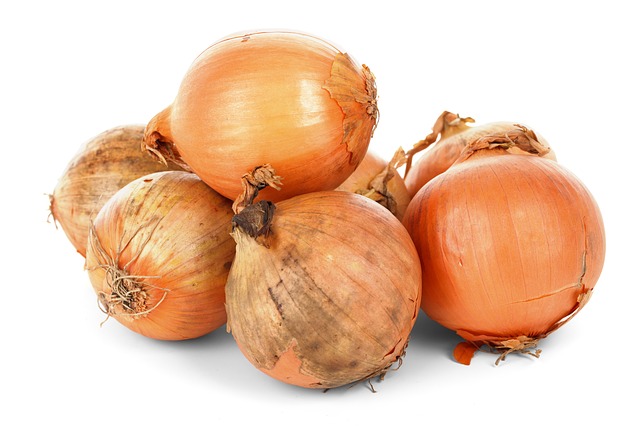
posted by Simon Kemp
There’s trouble in the French dictionary. As you might have heard, everything’s changing in French. No less than two thousand four hundred French words are losing accents or changing spelling in a drive to make French spelling simpler and closer to how it sounds when spoken.
Actually, nothing has to change unless you want it to. All 2400 simplifications are optional alternatives and you can stick to the old spellings if you want to.
Also, strictly speaking, this isn’t a new thing. In fact, the Académie française came up with all of these changes way back in 1990. Officially, they’ve been accepted for the last twenty-six years. In practice, though, everyone has pretty much ignored what the Académie française said, and nobody has been using the new spellings. Now, though, for the first time, school textbooks are being printed using them. Once they start being taught in schools, the thinking goes, they’re part of French life, and as current schoolchildren grow up, they’ll gradually come to be used by everyone.
So what are the changes?
Firstly, circumflexes on the letters ‘u’ and ‘i’ are becoming optional. They don’t have any effect on the sound of the vowel: they just indicate where, in the past, the word used to include a letter ‘s’ that long ago stopped being pronounced. (We talked about this here.)
This means that ‘coût’ (cost) can now be spelled ‘cout’, and ‘paraître’ (seem, appear) can be ‘paraitre’. There are a few cases where it has to stay, because the circumflex is the only thing that shows the difference between two different words, such as ‘du’ (of the) and ‘dû’ (past participle of devoir), or ‘sur’ (on) and ‘sûr’ (sure).
Otherwise, various hyphens are disappearing, so week-end becomes weekend and mille-pattes becomes millepattes. Some words are changing spelling in other ways. ‘Oignon’ (onion), which looks like it ought to be pronounced with a ‘wa’-sound like ‘oiseau’, but isn’t, is now changing spelling to ‘ognon’ to match how it sounds. (After years and years of studying French and trying to get all my spellings right, and then years and years more of teaching it, and trying to correct everyone else’s, I can’t tell you how wrong it feels to write ‘ognon’.) Also waterlilies are changing from nénuphar to nénufar (although, weirdly, other ‘ph’ words like le phare are unaffected).
Here’s a French newspaper article about the changes. And here’s a quiz you can do to guess the new spellings.
